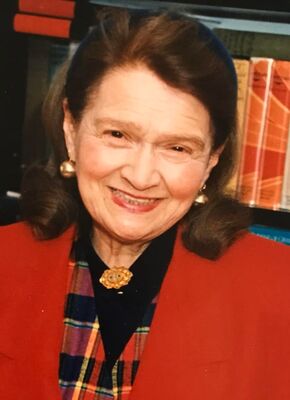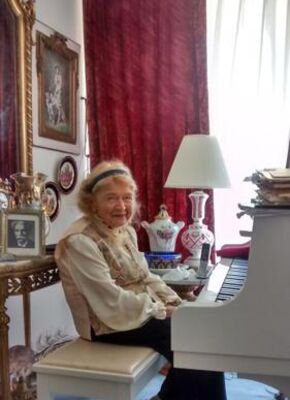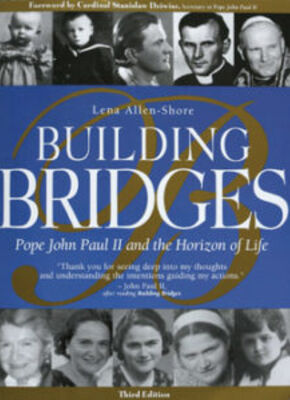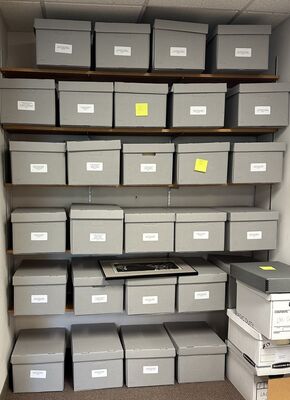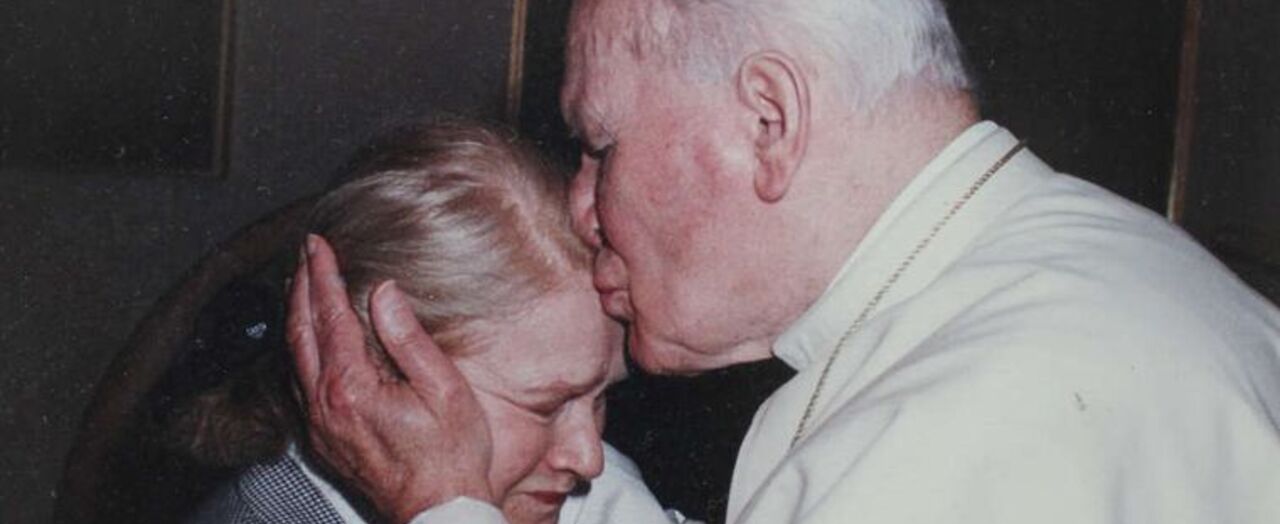
Lena Allen-Shore Papers
Dr. Lena Allen-Shore (1921–2018) was a prolific poet, educator, composer, and scholar. After surviving the Holocaust, she dedicated her life to promoting understanding and tolerance. This collection hosts her writing, correspondence, journals, and teaching materials, highlighting her diverse artistic and academic career. (COMING SOON)
Dr. Lena Allen-Shore was a scholar, author, philosopher, poet, and musical composer, who made it her life’s work to promote understanding and tolerance after surviving the Holocaust. She wrote seventeen books, including Building Bridges: Pope John Paul II and the Horizon of Life (2003), May the Flowers Grow (1969), and Rendezvous with Love (1991). She was also known for recorded albums of her music and lyrics, including “The Little Shoes,” a cantata that was performed as part of the commemoration of the 50th anniversary of the liberation of Auschwitz. Dr. Shore taught for over thirty years at the Lena Allen-Shore Center for the Advancement of Human Potential, which she founded and was affiliated with Gratz College. She is recognized as a pioneer in Holocaust studies and helped thousands of students learn about the Holocaust, while also concentrating on art and philosophy as a backdrop to her teachings on life, positive thinking, and bridging people of all faiths in the context of humanity.
The Lena Allen-Shore Papers contain diverse creative works including her writings, correspondence, journals, images, audio-visual material, and some work of her students. They were donated by her family after her passing in 2018, to allow her wisdom, approach to life, and hope, and for future generations to benefit from her philosophy and literary work. Click here to read more about Lena Allen-Shore’s life.
The Life of Lena Allen-Shore
Lena was born to Jakub and Lusia Herzig in Poland. A musician and lover of the outdoors, she lived the first seventeen years of her life in relative comfort with her parents and brother, Adam. When Nazi bombs fell on Poland in September 1939, her education was cut short. Lena and her family escaped Nazi persecution by relocating frequently.
Between 1939 and 1945, Lena and her family evaded the Nazi regime by living under false Christian identities. In 1941, Lena helped her family acquire forged documents that allowed them to “hide in plain sight.” While in hiding, she worked as a secretary at a sawmill, where she used her position to assist the Polish resistance movement.
In 1946, Lena Allen Herzig married Sigmond Shore, and together they began a new life in Paris.
Lena’s foresight during the war ensured her family’s survival. In 1952, they reunited in Canada, where she rebuilt her life. While raising a growing family, Lena found success as a writer and pursued higher education. The sudden loss of her husband Sigmond in 1967, followed closely by her mother’s death, marked a time of profound grief. She took over Sigmond’s business to support her family until she could return to her writing and studies. In 1974, she remarried with characteristic optimism.
Lena and Eddie moved to Philadelphia, where she founded a center, began teaching, and continued publishing. Lena also began corresponding with Pope John Paul II.
Over 30 years, she taught hundreds of students.
Decades of correspondence with Pope John Paul II led to a lifelong relationship. Lena and her family visited him in Rome and Jerusalem. She wrote a book inspired by their conversations and composed music in his honor.
